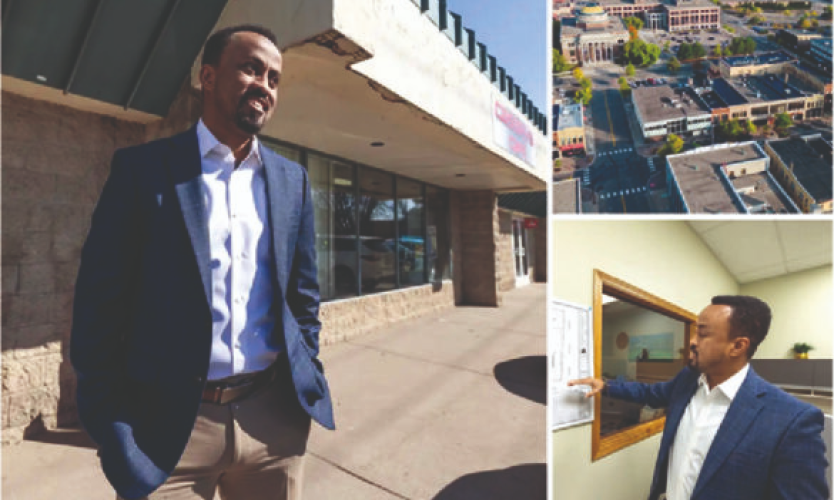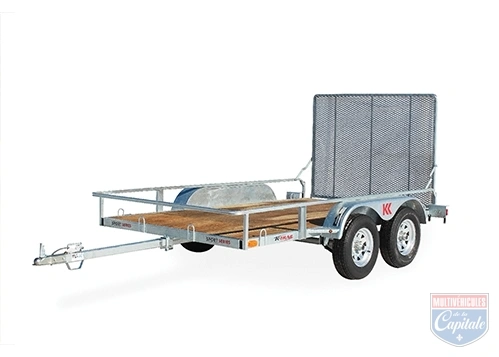Exploring the Role of African News Media in Covering Ethiopian, Eritrean, and Oromo News Somalia
In an increasingly interconnected world, the significance of African News Media has grown immensely. Across the continent, people are demanding authentic, reliable, and timely updates about their regions, cultures, and governments. One critical aspect of this demand is the coverage of Ethiopian, Eritrean, and Oromo News Somalia, a niche yet impactful segment that provides insights into the sociopolitical and economic landscapes of the Horn of Africa.
Historically, mainstream international news agencies have often neglected the nuances of African affairs, especially concerning countries like Ethiopia, Eritrea, and Somalia. As a result, diaspora communities and local citizens alike have turned to more focused platforms that can bridge the information gap. The role of African News Media has become more vital than ever in delivering trustworthy news that reflects the realities of the people on the ground.
The Importance of Localized News Coverage
Local media plays a crucial role in shaping narratives. In the context of Ethiopian, Eritrean, and Oromo News Somalia, stories often intertwine with cultural identity, historical struggles, and regional politics. Ethiopia, for instance, has undergone transformative changes over the past decade—political reforms, conflict in Tigray, and complex ethnic dynamics. The Oromo, Ethiopia’s largest ethnic group, have long fought for recognition, justice, and equity. Eritrea, with its complex history of independence and authoritarian governance, has its own unique set of challenges and narratives.
Meanwhile, Somalia, a nation known for its resilience amidst prolonged instability, is slowly building governance structures and regaining international cooperation. The Somali region, which borders Ethiopia and shares ethnic and historical connections with the Oromo people, is a critical part of the larger regional narrative. Reporting on these nations and ethnic groups in a responsible and thorough manner helps promote understanding, peacebuilding, and socio-political progress.
Platforms like Runta News have emerged as vital sources of such information. By focusing on authentic content and leveraging voices from within these communities, they help preserve identity, bring attention to marginalized stories, and offer balanced perspectives on unfolding events.
How African News Media Builds Representation
Representation matters. For far too long, African countries have been portrayed in the media through a lens of crisis and conflict. But modern African News Media is shifting this paradigm. News agencies and online platforms now focus on stories of development, innovation, culture, and resilience.
The portrayal of Ethiopian, Eritrean, and Oromo News Somalia in this new wave of media is nuanced and people-centered. Rather than framing the region solely in terms of geopolitical tension or humanitarian crises, local outlets emphasize cultural achievements, community efforts, and progress-driven initiatives. This not only empowers the local audience but also educates the global readership about the vibrant realities of these nations.
Moreover, the diaspora community benefits significantly from such localized reporting. Ethiopians, Eritreans, Oromos, and Somalis living abroad rely on these media platforms to stay connected with their roots. They engage with homeland affairs, contribute to advocacy movements, and often provide economic and political support based on insights gained through these channels.
Digital Transformation and the Future of African Media
The digital age has revolutionized the media industry, and Africa is no exception. The proliferation of smartphones, increasing internet access, and the popularity of social media have allowed African News Media to flourish. Now, even remote regions can access real-time updates, watch live interviews, and engage in cross-border conversations.
In covering Ethiopian, Eritrean, and Oromo News Somalia, digital platforms have enabled stories to transcend borders. Citizen journalism is on the rise, with individuals using mobile phones to report local events, protest injustices, or share cultural celebrations. These grassroots efforts supplement professional journalism and ensure that diverse voices are heard.
The second mention of Runta News in this context is essential. As a growing media outlet, it exemplifies the power of modern African journalism—blending traditional reporting values with digital innovation. By prioritizing content from and about African communities, it not only informs but also inspires action and solidarity.
Challenges and the Road Ahead
Despite progress, challenges remain. Press freedom continues to be a concern in several African countries. Journalists reporting on Ethiopian, Eritrean, and Oromo News Somalia may face censorship, harassment, or threats to their safety. Financial sustainability of independent media is also a pressing issue, as many outlets struggle with limited advertising revenue and operational constraints.
Nonetheless, the resilience of African journalists and media entrepreneurs is commendable. Collaborations between regional outlets, training initiatives, and support from international media development organizations are gradually strengthening the sector.
To maintain momentum, it is vital that readers—both on the continent and in the diaspora—support trustworthy news sources. Subscribing, sharing content, and donating to independent outlets are simple yet impactful ways to uplift the voices telling Africa’s stories with integrity.
Conclusion
In summary, the role of African News Media in covering Ethiopian, Eritrean, and Oromo News Somalia cannot be overstated. These stories are integral to the broader African narrative—stories of resistance, resilience, culture, and change. As more media outlets step up to amplify these voices, they contribute not only to information dissemination but also to justice, unity, and progress. The future of African journalism is bright, and with continued support, it will keep lighting the path toward a well-informed and empowered continent.











